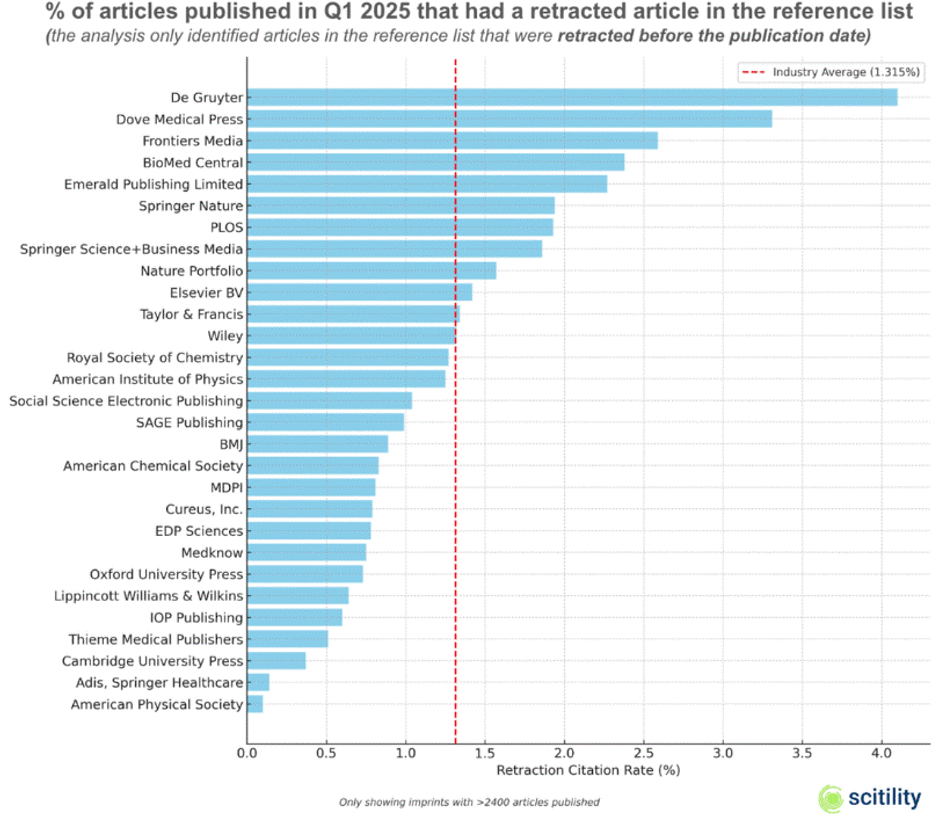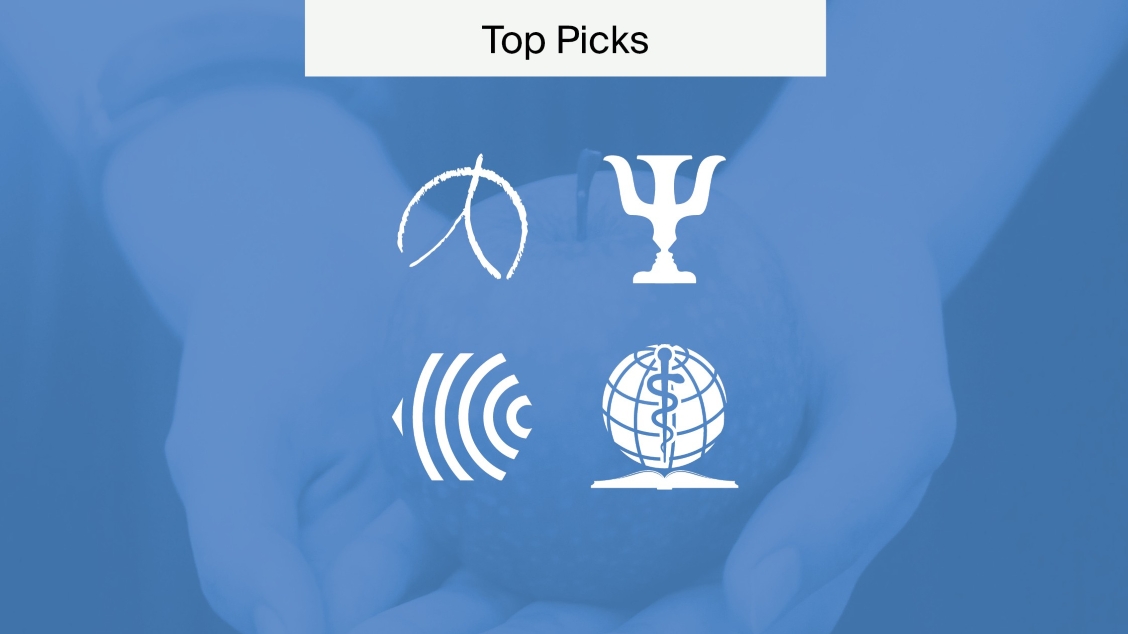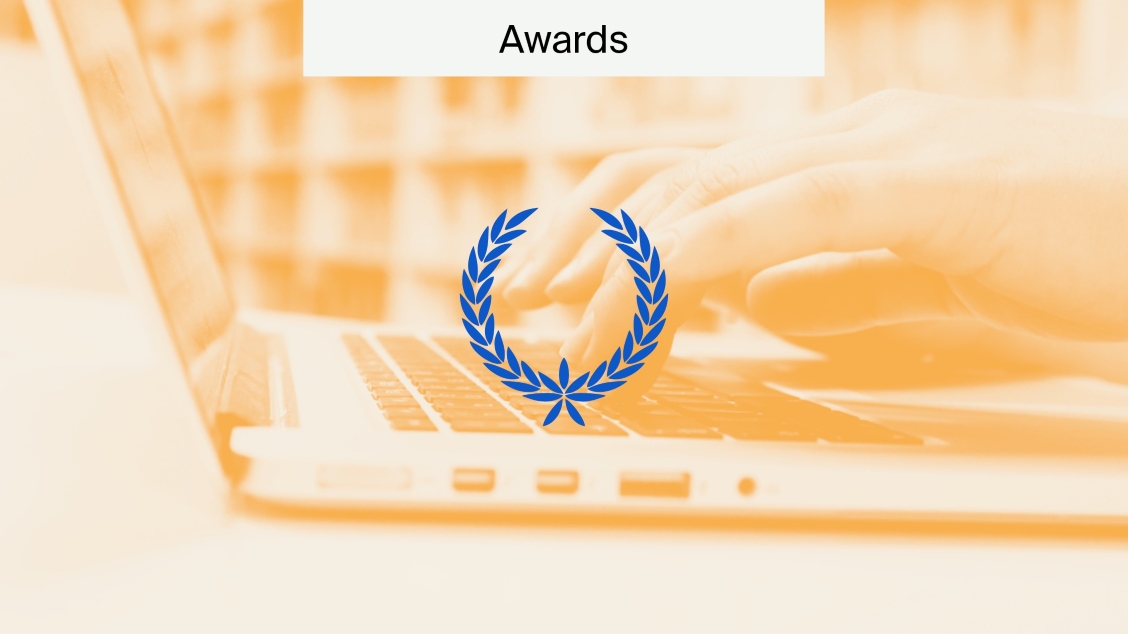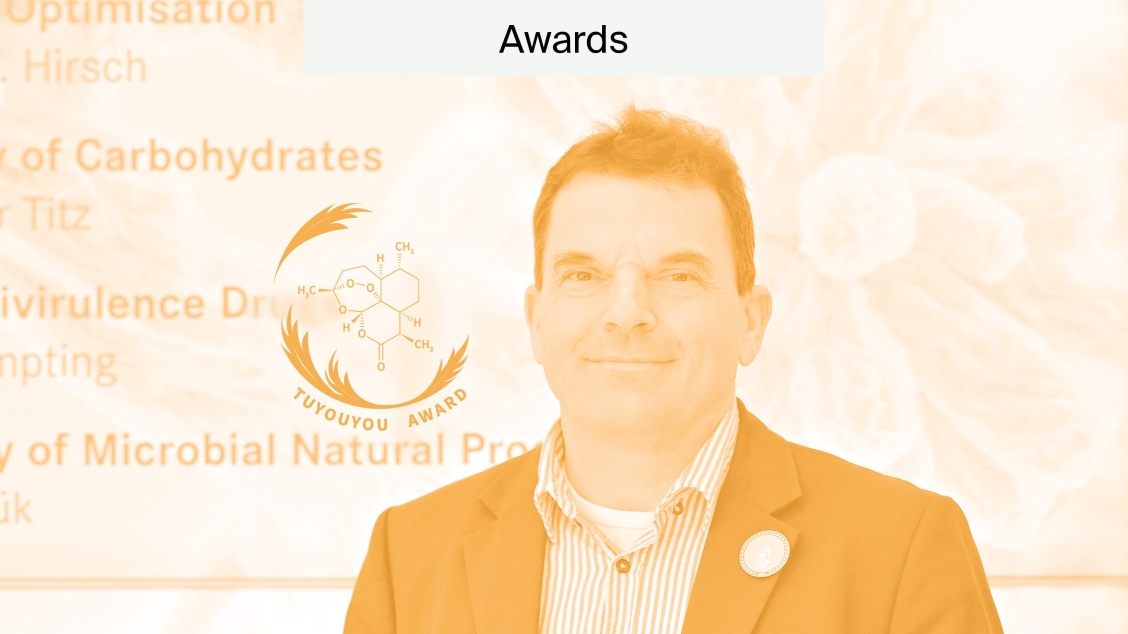
Research Integrity Team: Team Expansion and Industry News
In this quarterly update, we share the newest members of MDPI’s Research Integrity team and discuss the latest developments shaping research integrity.
Research Integrity team updates
MDPI continues to invest in developing and expanding the Research Integrity team. This quarter we welcomed two new Research Integrity Specialists. The team also continued their external outreach during MDPI’s Summits, sharing their knowledge and important updates with Editorial Board members.
Meet the new team members
Slavomir Nikodijević joined the team as Research Integrity Specialist. Slavomir earned his BS in Immunobiology from the Faculty of Biology, University of Belgrade, Serbia.
He joined MDPI’s Belgrade office in 2021 as an Assistant Editor for the journal Biomedicines and later was appointed as Group Leader overseeing 10 in-house editors. He was also a Journal Relations Specialist for several journals where he engaged with Editorial Board members. In April 2025, he transitioned to the Research Integrity team.
Tamara Tuvić joined the team as Research Integrity Specialist. Tamara graduated with a master’s degree from the Faculty of Physical Chemistry, University of Belgrade, Serbia.
She joined MDPI in April 2021 as an Assistant Editor for Coatings. From November 2021, she served as Section Managing Editor, after which she continued assisting Coatings and Electronic Materials as Journal Relations Specialist in 2022. After gaining valuable experience and interest in efficiently solving ethical concerns, she transitioned to the Research Integrity team in March 2025.
Discussing publication ethics
Editorial Board members provide critical support to journals, preventing publication ethics breaches. Therefore, they remain informed on policy updates, procedures and challenges faced, ensuring that MDPI’s journals maintain high publication ethics standards.
Ana Stankovic attended MDPI’s Spain Summit and Diana Cristina Apodaritei attended MDPI’s France Summit.
MDPI Summits bring together Editors-in-Chief from across various disciplines to connect, collaborate, and discuss the future of Open Access publishing. These meetings are a great opportunity to showcase key developments and spark meaningful conversations.

Ana Stankovic and Diana Cristina Apodaritei presents during the MDPI Summits.
Ana and Diana presented the various MDPI-developed tools that are used to perform automatic ethics checks, as well as industry-wide tools MDPI is piloting to improve our processes. It is crucial that Editors-in-Chief are kept informed of any changes applied to the manuscript screening process. Finally, they discussed the responsibilities of Editorial Board members within the context of research integrity and publication ethics.
Diana and Ana reflect on their experiences at the MDPI Summits:
“It was a meaningful experience to engage with our Editors-in-Chief at the France Summit and to exchange perspectives on research integrity and publication ethics. At a time when public trust in science is more critical than ever, open and constructive dialogue around ethical challenges is essential. Upholding the integrity of the scholarly record is a shared responsibility, grounded in transparency, accountability, and collaboration, across all stages of the publication process.” – Diana Cristina Apodaritei, Research Integrity Specialist.
“Engaging with Editorial Board members at the Spain Summit was an incredibly insightful experience. Our discussions on research integrity and publication ethics not only deepened my understanding of the challenges editors face but also reaffirmed the importance of transparent, ethical publishing practices. It was a valuable opportunity to strengthen our shared commitment to upholding the credibility of the scholarly record.” – Ana Stankovic, Research Integrity Specialist.
Industry updates
Staying informed about key developments within the publishing industry is essential for authors, reviewers and academic editors. This quarter, there has been a shift in the conversation, which has promoted actions that stakeholders within the publishing industry should take to implement trust.
STM US annual meeting: implementation of trust
The International Association of Scientific, Technical & Medical Publishers (STM) held their annual US meeting in April. This year’s meeting focused on trust within the publishing industry.
Tim Tait-Jamieson and Anna Pena, members of MDPI’s Research Integrity team, attended the conference and joined publishers, scholarly societies, libraries and other stakeholders to discuss their role in and responsibility for upholding research integrity.
The presentations covered a range of related topics, including the long-term consequences of publishing fabricated research, methods publishers can use to verify scholar identity, and potential techniques for ensuring the authenticity of submitted images and data.
“The STM US Annual conference was a great opportunity to get together and discuss the key opportunities and challenges that the academic publishing industry faces. Research integrity remains very high up on the key challenges list, and the conference discussions clearly reinforced the ongoing necessity for close collaboration, knowledge sharing and technical development between those invested in preserving the integrity of the scientific record. Initiatives lead by STM, such as the Integrity Hub, show great promise in all these areas.”- Tim Tait-Jamieson, Research Integrity Lead.
Editorial independence amid collaboration
In April, the Committee on Publication Ethics (COPE) released a position statement that stresses the importance of academic independence while recognizing the growing collaborative relationship between publishers and academic editors.
COPE defines editorial independence as:
“a basic principle of scholarly publishing, ensuring that journal editors have the autonomy to make independent decisions on manuscript selection, peer review, and publication, free from undue influence by publishers, funders, institutions, or other external parties.”
Recently, publishers and academic editors have increased their collaboration, relying on each other’s expertise. This collaboration stems from their shared responsibility for upholding publication ethics. In the current cooperative model, publishers support editors by providing resources and expertise that enables informed and independent editorial decisions.
Read more about COPE’s position statement and how MDPI supports editors throughout the peer review process here.
Changes to Impact Factor calculation
In May, Clarivate announced that citations to and from retracted articles will no longer contribute to the Journal Impact Factor.
Retraction is the process of correcting the scientific literature by marking articles that contain serious flaws and are unreliable. This can occur due to inadvertent errors or ethical breaches, but regardless of the reason, such articles can still threaten the integrity of scientific records if they are not retracted.
These articles are unreliable. They should not be counted on for future research and should therefore not be cited. Publishers have the responsibility to alert readers by marking the original article clearly as “RETRACTED” using a watermark. A retraction notice detailing the reasons for the retraction is also published and linked to the original article.
Although publishers take precautions to alert scholars if a published article is unreliable, these retracted publications still end up being cited. Scitility recently analyzed the percentage of articles published in Q1 2025 that cited retracted articles.

Scitility analysis of percentage of articles that cite retracted references across publishers
In their analysis, they found that the retraction citation rates across several publishers varies from 0.2 to around 4%. While not significant, it is still not negligible and should be improved to circumvent the spread of unreliable research.
Authors have the responsibility of ensuring accurate citations and should regularly check their reference lists for recent updates.
MDPI’s 2024 impact factors
In June, the 2024 Journal Impact Factors were released. The metrics signal the growing trust in and support for MDPI’s mission to advance open science:
- 298 MDPI journals earned a Journal Impact Factor.
- 193 MDPI journals are ranked in the top 50% (Q1/Q2) of their categories.
- 60 MDPI journals were awarded their first Journal Impact Factor.
Here you can learn more about how Journal Impact Factors are calculated and how MDPI’s journals have performed.










